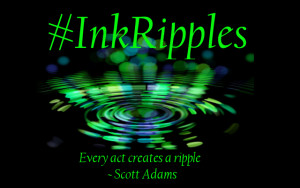I’m very excited to host my amazing critique partner Katlyn Duncan today to talk about her latest release TAKE BACK Y OUR BOOK: AN AUTHOR’S GUIDE TO RIGHTS REVERSION AND PUBLISHING ON YOUR TERMS. Katlyn is the author of many YA and adult works of fiction and this is her first work of non-fiction. It’s so full of relevant information about the business of publishing and rights reversion, and I think any author or aspiring author will feel empowered after reading it. Welcome, Katlyn!
The inspiration behind a book is frequently talked about when writing fiction, but there’s often an interesting inspiration story behind non-fiction. What gave you the idea for TAKE BACK YOUR BOOK: AN AUTHOR’S GUIDE TO RIGHTS REVERSION AND PUBLISHING ON YOUR TERMS?
When the book rights for my debut Young Adult paranormal series (The Life After series) reverted to me in 2019, I immediately looked online to see what I should do with the book. But there weren’t many recent articles about what to do after book rights reversion. I had to do a lot of research myself, which was mostly scouring writer groups and working my network to find other writers who had their book rights reverted. For those authors, all of their stories were different, which helped me understand that I had to make a lot of decisions on my own.
One day, you and I were discussing self-publishing, and the idea came so quickly to me. There weren’t any resources out there about the process of rights reversion all the way through re-publishing the book, so I wrote it myself hoping to help any authors who are or will be in the same position.
Let’s turn the inspiration to you! What made you want to become a writer?
Storytelling has always been a huge part of my life. As a kid, I loved drama class and acting in plays while devouring movies as much as I could. Eventually, that stemmed into penning my own plays and movie scripts (which will never see the light of day, by the way!). Then when I was in my early twenties, I started to write fiction novels and I haven’t stopped since.
What’s one book you wish you had written? And (of course) why?
Can I say ‘Twilight’? I wouldn’t mind living in Stephenie Meyer’s shoes right now with the ability to auto sell anything I write and take all those lofty advances to the bank.
I think we’d all say yes to Stephenie Meyer’s advances! You write both fiction and non-fiction. How was writing TAKE BACK YOUR BOOK different from writing your fiction projects?
There are a few ways it was different. First, I had to do a lot of research for this book, more than I have for any of my fiction novels. Previously, I had saved some articles from when I was going through the book rights reversion process, but there was so much more to outline for the reader. I had to make sure that I listed as many options for a reverted book as possible, which meant exploring as many publishing paths as I could, along with outlining the self-publishing process from start to finish, and beyond to marketing and future plans for the book.
Second, writing a non-fiction “arc” is much different than a fiction one. You have to structure the book in a way that is compelling and makes sense as its own type of story while allowing author voice to shine through instead of a character’s voice.
Obviously TAKE BACK YOUR BOOK is full of advice for authors, but what’s one important takeaway you’d like to leave readers with today?
Regarding book rights, make sure you understand what you are signing away and how long your rights will be in someone else’s hands. This is where community is very important. Ask fellow authors in both the “traditional” and self-publishing spheres and find where your book belongs before you put pen to paper and sign any contract.
It’s so important to understand what is in a publishing contract before you sign. One last thing, what is next for you in your writing career?
I’ve completely veered away from traditional publishing and diving head-first into self-publishing. I’m re-publishing my debut YA series under a new pen name (Katy Duncan), starting with ‘Soul Taken’ in September 2021, followed soon after by book 2 (‘Soul Possessed’) and book 3 (‘Soul Betrayed’) in 2022, in addition to publishing adult thrillers after that.
TAKE BACK YOUR BOOK blurb:
Revive your book from the bottom of the charts with rights reversion.
Have you sold your book to a publisher, but years later it’s not selling the way you want? Are you frustrated with their lack of marketing and little to no royalty payments?
It’s time to take back your book rights.
This guide will give you the knowledge and confidence to get your book rights reverted and how to place it in front of new readers, on your terms.
In this book you’ll find:
- The basics of rights reversion
- What to do with your book after reversion
- How to re-publish your book
- Long-term considerations for your author business and backlist
- Stories from authors successfully reverting and republishing their books
You will always be your book’s biggest champion. Don’t condemn it to years of neglect at someone else’s hands. Take back your rights and make them work for you for years to come.
Buy the book on Amazon, Apple Books, Barnes & Noble, Kobo, and these other book retailers.
About the Author:
Katlyn Duncan is a multi-published hybrid author of adult and young adult fiction and has ghostwritten over forty novels for children and adults.
When she’s not writing, she’s obsessing over many (many) television series’, and hanging out on YouTube where she shares her writing process and all the bookish things.
Find her at katlynduncan.com, YouTube, and Instagram.
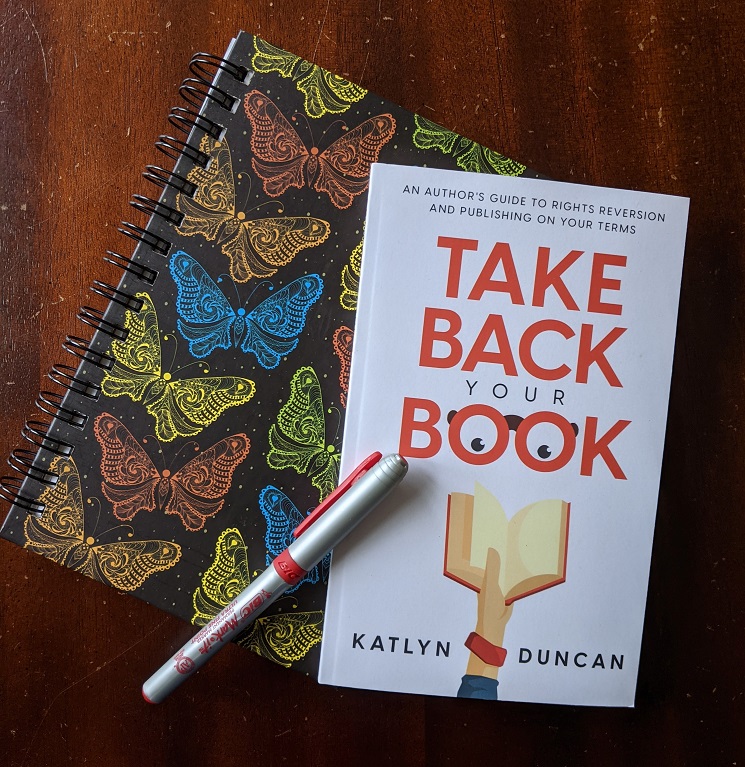
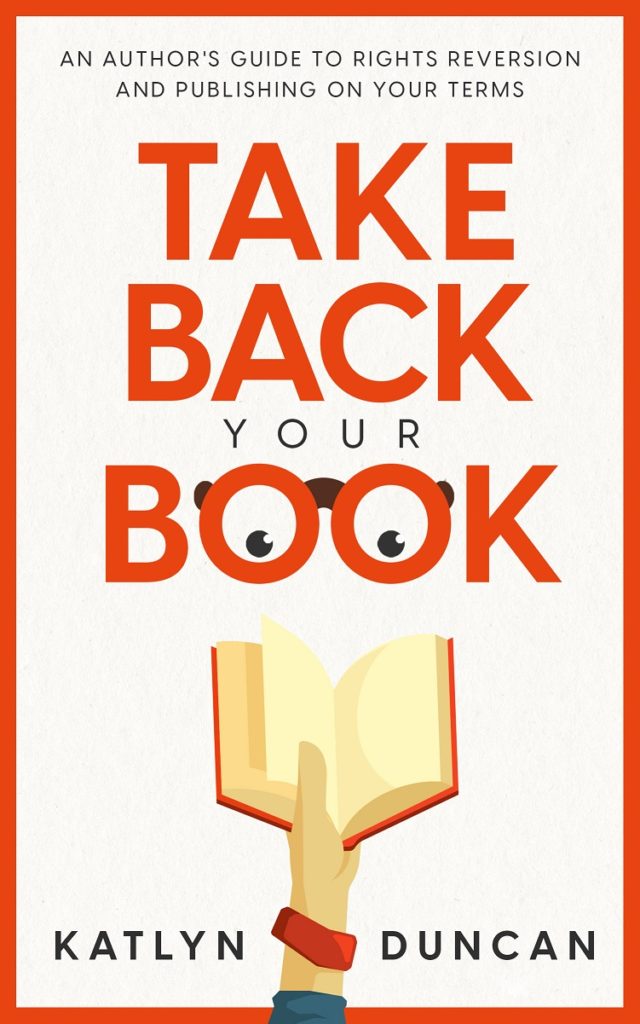
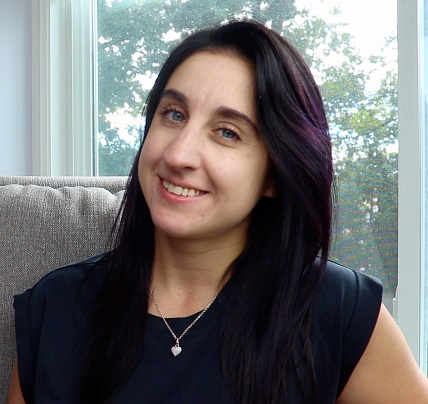
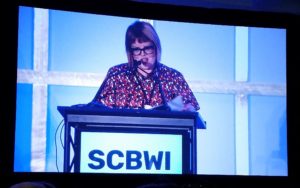
 When it comes to publishing a book, there are so many more options than there used to be. If you’re new to the business, it can be downright overwhelming and confusing to decide what publishing path is the right one for you. That is why we decided to tackle the topic in this month’s
When it comes to publishing a book, there are so many more options than there used to be. If you’re new to the business, it can be downright overwhelming and confusing to decide what publishing path is the right one for you. That is why we decided to tackle the topic in this month’s 